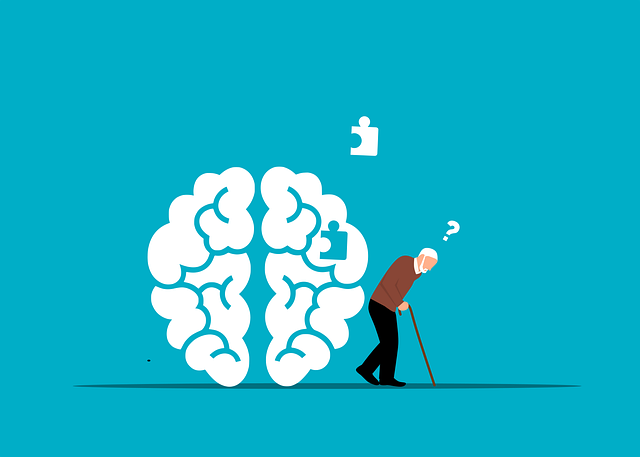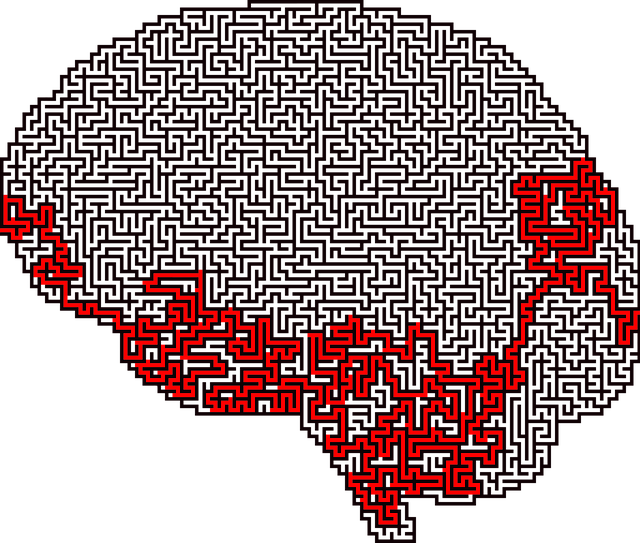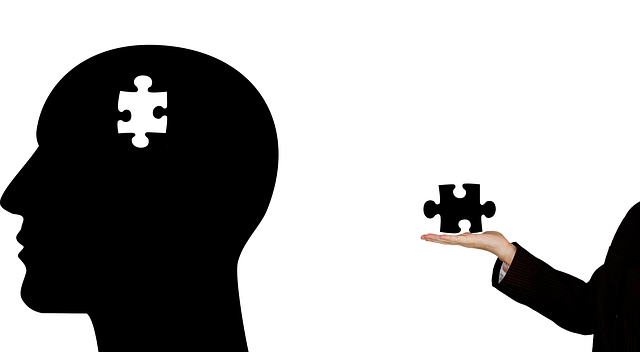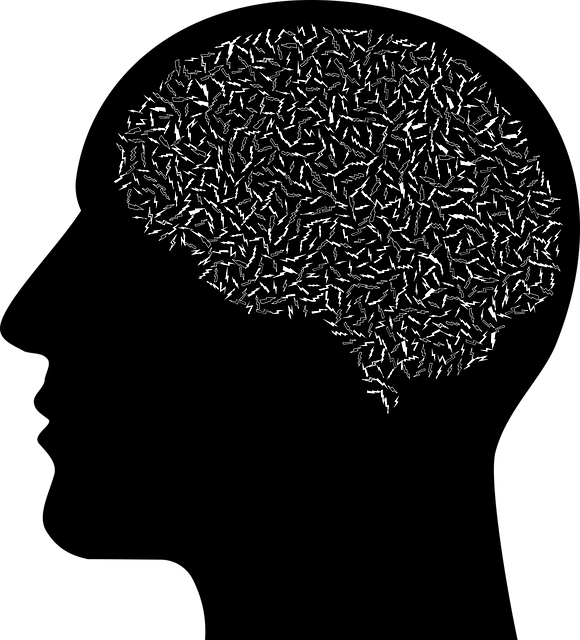Adolescent teens face unique mental health challenges from academic pressures, constant connectivity, and bodily changes. Effective self-assessment tools are crucial for understanding their needs and empowering them with emotional intelligence and regulation skills like mindfulness meditation. These tools should be user-friendly, engaging, culturally sensitive, and accessible via digital technology, incorporating risk assessment features for early interventions. Integrating these assessments into therapy sessions allows therapists to create personalized interventions combining self-reporting with evidence-based practices, helping teens develop resilience against stress and anxiety.
Mental wellness self-assessment tools play a crucial role in addressing the unique stress management needs of adolescent teens. This article delves into three key aspects: understanding the specific mental health challenges faced by teens, designing effective self-assessment tools tailored to their needs, and integrating these assessments with therapy for optimal stress management. By exploring these areas, we aim to equip parents, educators, and healthcare providers with valuable insights to support teen mental wellness.
- Understanding Adolescent Teen Stress and Mental Health Needs
- Designing Effective Self-Assessment Tools for Mental Wellness
- Integrating Self-Assessment with Therapy for Stress Management in Teens
Understanding Adolescent Teen Stress and Mental Health Needs

Adolescent teens face unique challenges that can significantly impact their mental wellness. Today’s fast-paced world, with its constant connectivity and high academic demands, often leaves young individuals grappling with stress, anxiety, and depression. Understanding the specific stressors and mental health needs of this demographic is crucial in developing effective self-assessment tools. Therapy for adolescent teens must consider factors such as peer pressure, academic pressures, and the rapid changes occurring in their bodies and brains.
Emotional intelligence and emotional regulation are essential skills for navigating these challenges. By incorporating strategies like mindfulness meditation, self-assessment tools can empower teens to recognize and manage their emotions effectively. This proactive approach can prevent more severe mental health issues from developing and promote a healthier, more balanced lifestyle.
Designing Effective Self-Assessment Tools for Mental Wellness

Designing effective self-assessment tools for mental wellness is a multifaceted process that requires careful consideration of the target audience’s unique needs, especially when focusing on therapy for adolescent teens. These tools should not only measure symptoms but also promote emotional regulation and self-care routine development for better mental health. Incorporating risk assessment features can help mental health professionals identify at-risk individuals early on, enabling them to intervene promptly.
Effective self-assessment tools should be user-friendly, engaging, and accessible, aligning with the latest trends in digital technology. They must also be culturally sensitive, ensuring that diverse populations feel represented and understood. By integrating evidence-based practices and leveraging advances in artificial intelligence, these tools can enhance therapy outcomes for adolescent teens, supporting their journey towards stress management and improved mental wellness.
Integrating Self-Assessment with Therapy for Stress Management in Teens

Integrating self-assessment tools with therapy can significantly enhance stress management for adolescent teens. These assessments provide a baseline understanding of each teen’s mental wellness landscape, allowing therapists to tailor interventions to their unique needs. By combining self-reporting with professional guidance, therapists can more effectively address underlying issues contributing to stress and anxiety in this age group.
Self-assessment tools equipped with evidence-based practices like mindfulness meditation and positive thinking exercises empower teens to develop inner strength. Regular practice of these techniques during therapy sessions enables adolescents to cultivate coping mechanisms that promote resilience against daily stressors. This holistic approach, integrating self-reflection with skill development, equips teens with the tools needed to actively manage their mental wellness in the long term.
Mental wellness self-assessment tools play a pivotal role in addressing the unique stress management needs of adolescent teens. By understanding their mental health landscape, we can design effective tools tailored to their experiences. Integrating these assessments with therapy offers a comprehensive approach, empowering teens to actively participate in their emotional well-being. This strategic combination ensures that therapy for adolescent teen stress management becomes more accessible and impactful, fostering healthier minds.














